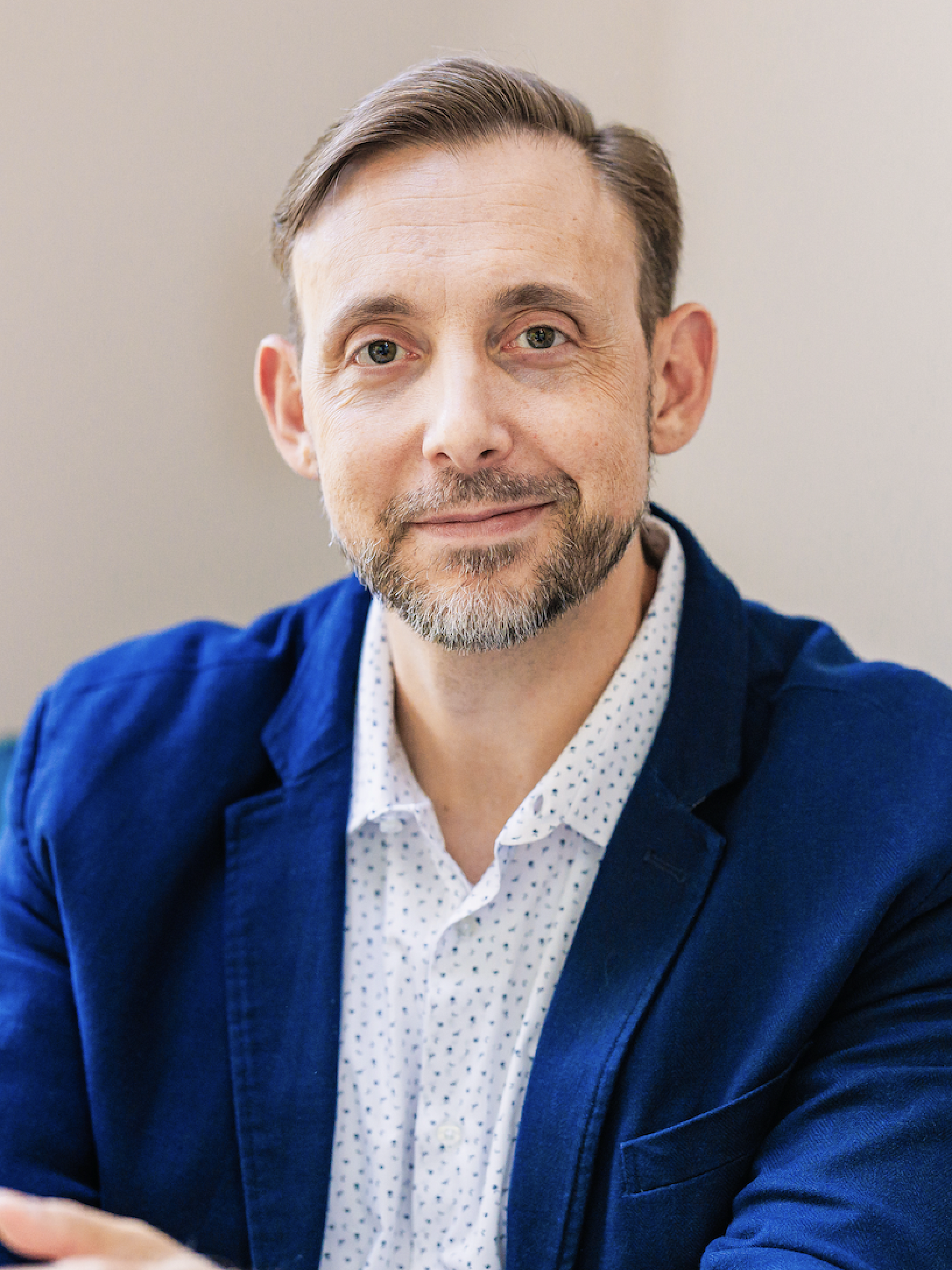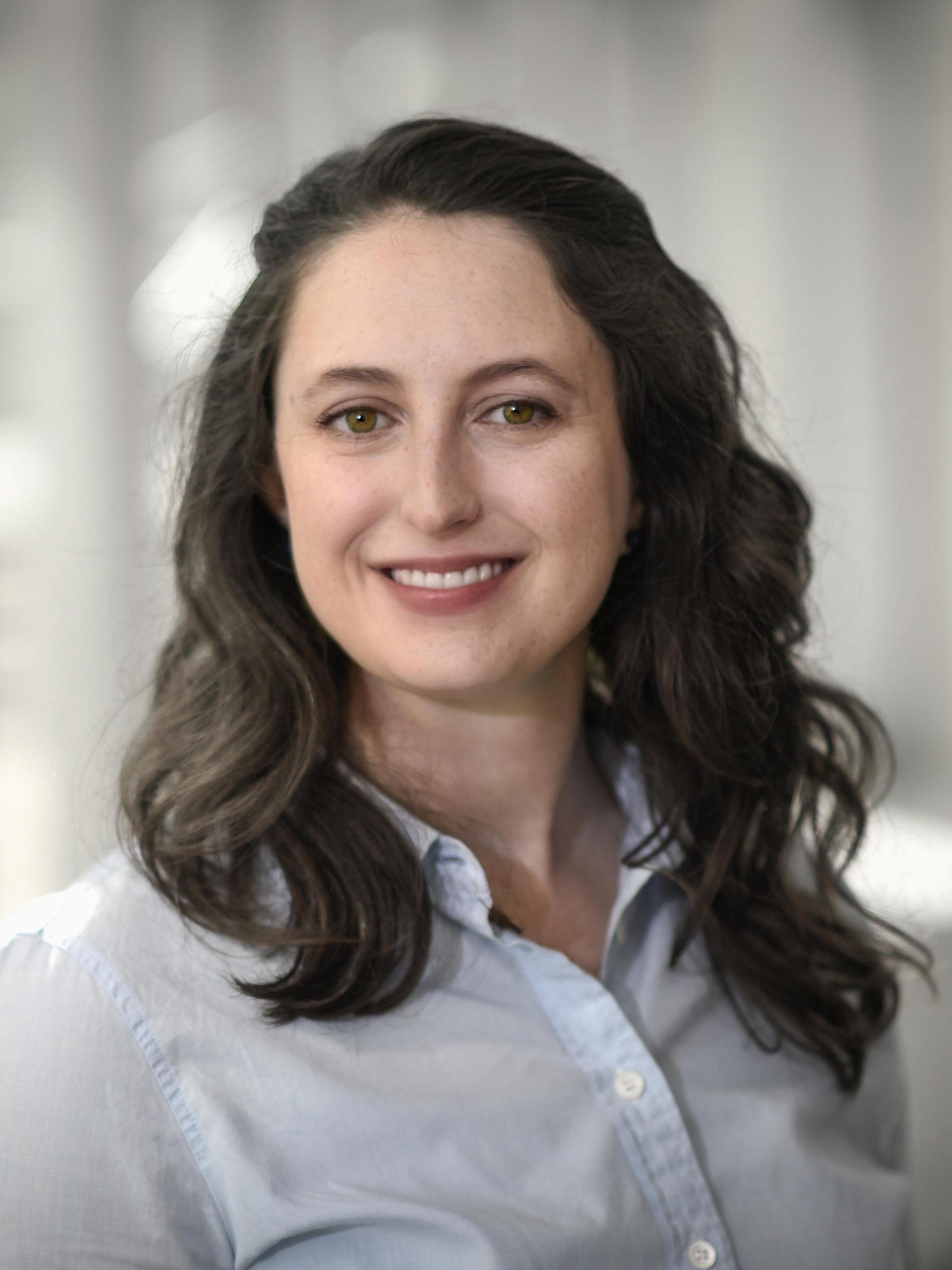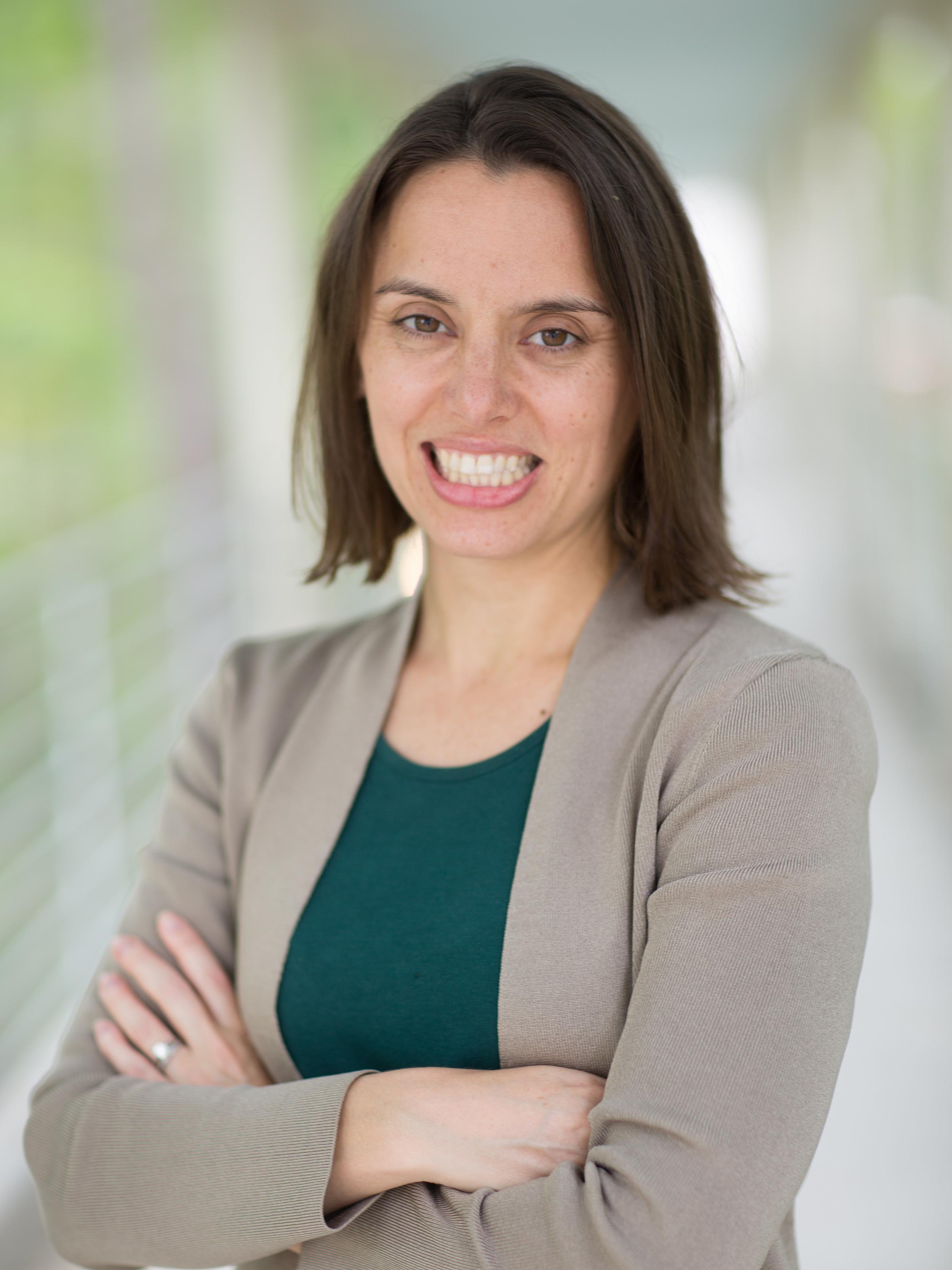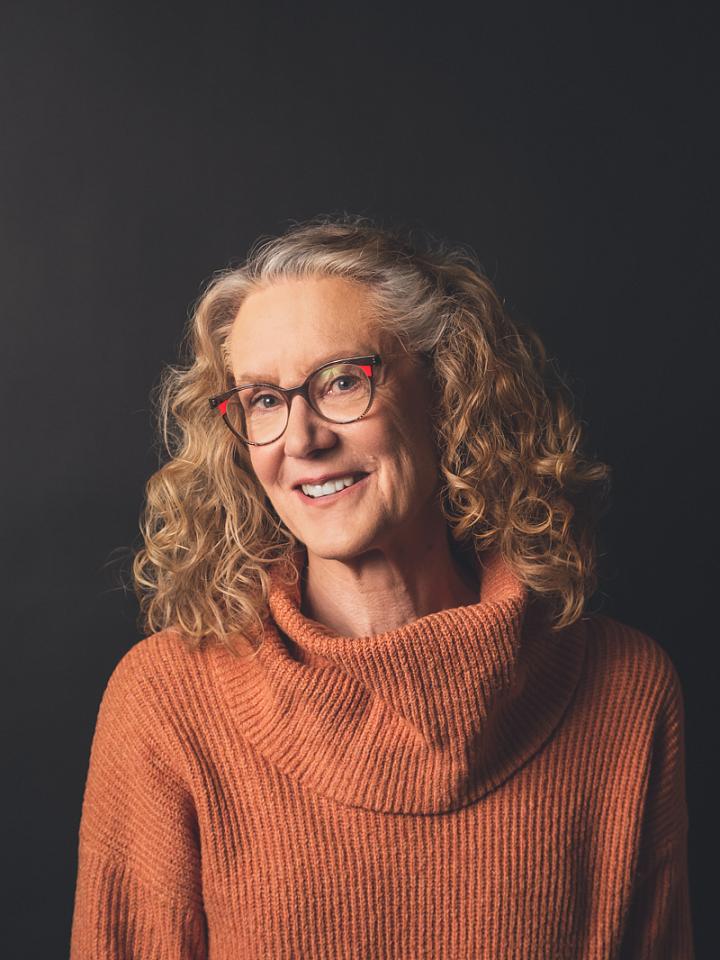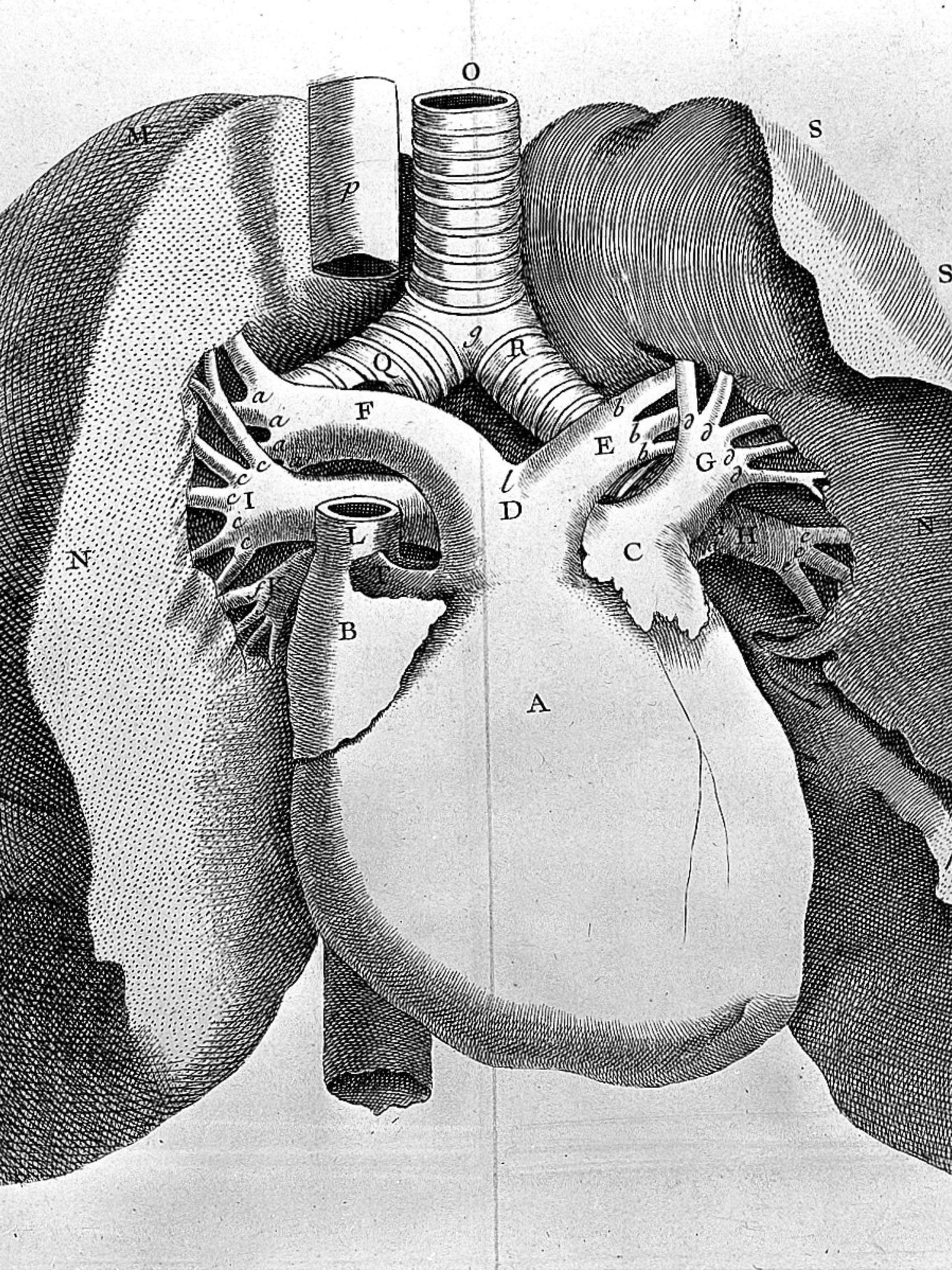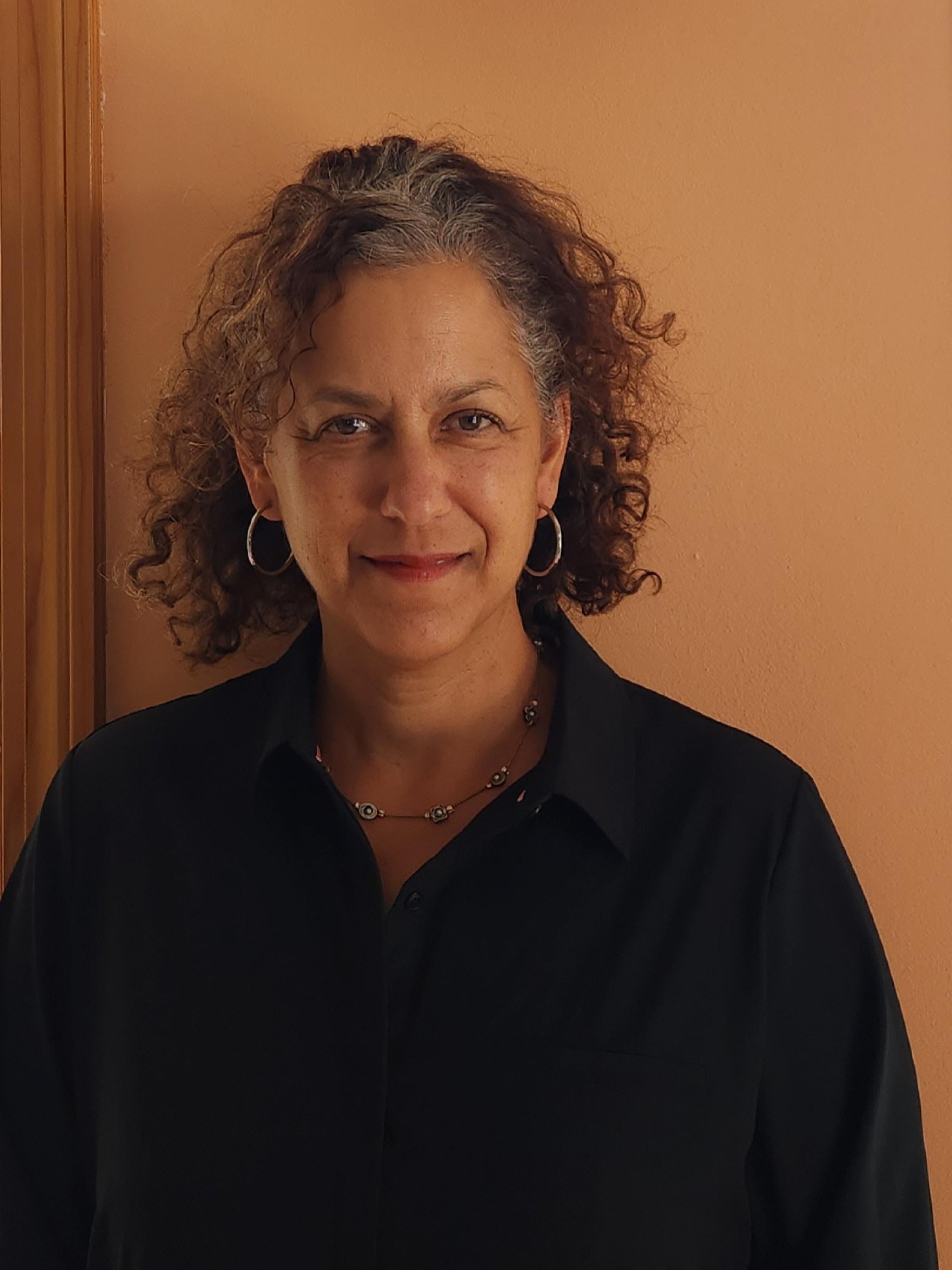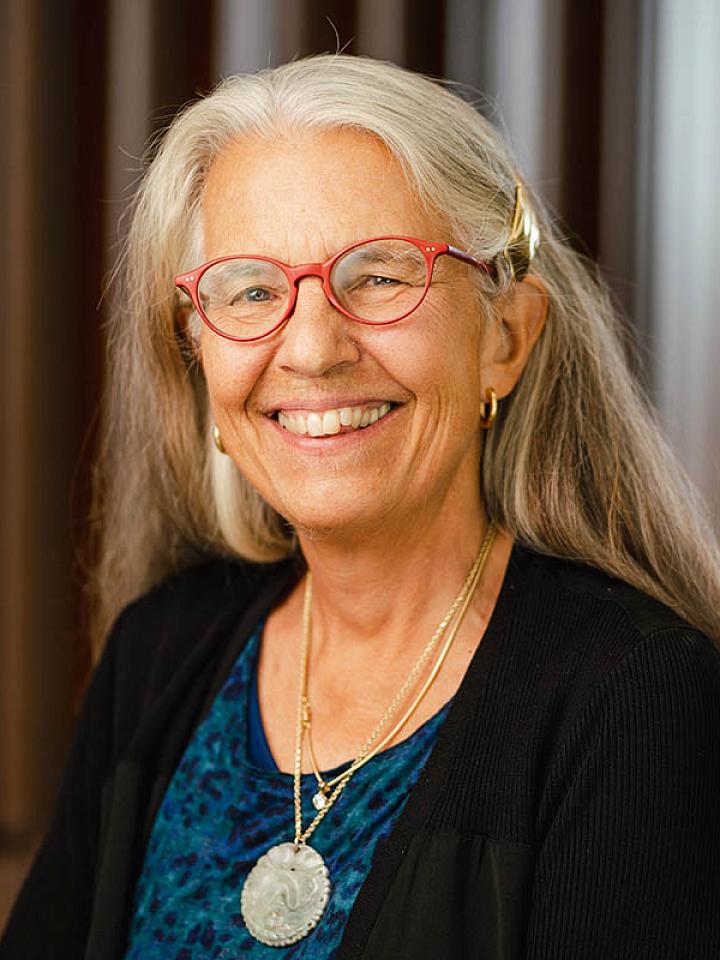
Ethics Explored Discussion Series
Formerly known as Evening Ethics
Our Ethics Explored discussions provide informal, multidisciplinary discussions about current issues in healthcare ethics and typically take place every month or as timely topics arise.
General Info
1.5 hours of CME credit | When in person, refreshments are offered
*To protect the privacy of all who attend and the tempo of the discussion:
1) the virtual side of hybrid meetings will start in the Waiting Room
2) participants need to email the Center to receive a passcode
A Center member facilitates each discussion, which is guided by the topic, and we invite people with relevant expertise, experience, and informed opinions to join us as moderators, speakers, and/or panelists. Generally, 15-40 people from a variety of disciplines, including healthcare, public policy, philosophy, law, and business attend. When relevant, we make available, in advance, short articles from the nation's most thoughtful newspapers, journals, and magazines to help enliven our discussions.
Check back here for the most current listings, or:
-
Read our latest newsletter
-
Subscribe to our Main/Newsletter listserv
-
Check the U of U-Health Calendar
2025 Discussions
Series is approved for 1.5 hours of CME credit ~ When in person, refreshments are offered
2024 Discussions
Series is approved for 1.5 hours of CME credit ~ When in person, refreshments are offered
Details & Schedule
For questions about accommodations, please email us!
Increasingly, pediatric, adolescent, LBGTQ+, and ob/gyn patients who experienced trauma seek primary care for other health problems. Studies have shown that although trauma exposure significantly impacts psychiatric and physical health, as well as health behaviors, it often is unrecognized by providers.[i] Some avoid discussing psychosocial factors for fear of offending patients, eliciting negative patient reactions, and blaming patients, in addition to inadequate training and resources.[ii] Yet, patient trauma exposure that is not recognized may result in clinical professionals becoming “second victims” who experience trauma-related symptoms that can lead to burnout.[iii] One clinical tool that has proven valuable for both patients and providers is narrative. “[I]llness amounts at least in part to suffering from an incoherent story or inadequate narrative account of oneself”[iv] As physician Howard Brody notes, “putting a stressful life event into written words organizes the event in one’s mind in a way…that suggests both the power to distance oneself reflectively from the event rather than to be immersed in or overwhelmed by the event and also the power to control the event and place it within the overall context of one’s life.”[v]
Leading our discussion will be Sarina Furer, B.A., M.Ed., a teacher, writer and artist who uses narrative in workshops she leads at the Center for Resilience in Jerusalem, Israel. She will talk about narrative techniques she has found beneficial when working with individuals exposed to trauma. Questions we may discuss include:
- How can clinical and non-clinical health professionals use narrative to create a safe space that invites patients as well as themselves to construct a personal story that helps make sense of a bad event?
- Do you encourage individuals who have experienced trauma to construct “counternarratives,” stories that may oppose prevailing beliefs and attitudes yet proclaim their identity and self-worth? Is this an essential component of resiliency?
- Can personal narratives help enact social understanding, as some scholars claim? Does the literary element of “personification” in the background reading work in this way?
[i] Van den Berk-Clark, C. et al. Identifying and overcoming barriers to trauma screening in the primary care setting. Families, Systems & Health: The Journal of Collaborative Family Healthcare 2021: 39(2): 177-187.
[ii] Reichman, Mira et al. What Are Orthopaedic Healthcare Professionals’ Attitudes toward Addressing Patient Psychosocial Factors? A Mixed-Methods Investigation. Clinical Research & Related Research 2022: 480(2): 248-262.
[iii] Rivera-Chiauzzi, E. et al. Factors influencing second victim experiences and support needs of OB/GYN and pediatric healthcare professionals after adverse patient events. Patient Safety & Risk Management 2023: 28(6): 253-259.
[iv] McAdams, Dan P. The Stories We Live By: Personal Myths and the Making of the Self. New York: The Guilford Press, 1993.
[v] Brody, Howard. Stories of Sickness, 2nd ed. New York: Oxford University Press, 2003.
BACKGROUND READING:
Gender, J. Ruth, "Grief", The Book of Qualities, Harper & Row, 1988, p. 94
Grief
Before she came to this town, Grief was a woman named Eliea. She was a potter, and she glazed her big-bellied pots with earth colors until they shone like dull bronze. She had four children. The daughters live inland now in the distant foothills, and the oldest son left the family as soon as he could get away. It was the young boy with the golden curls and the laughing eyes who gave her great joy. He loved the ocean. He was barely walking when he learned to swim and not much older when he started to sail.
One day about two years ago, the sailors brought his boat home empty.
Never have I heard such sounds of weeping as when Grief found out her son had drowned. She screamed and howled. She stamped her feet and smashed her pots and bowls She ate with all her fingers. She tore at her hair, and it grew wild and matted. She wandered from place to place with no sense of where she was or how she came there
One day at the edge of the forest, Grief heard another woman crying out. She spoke with her. She listened to her story. Grief was surprised. She had never met anyone else who had suffered as she had. Together the women sat in the clearing and mourned their children. Through the long afternoon, through the twilight, through the night, they wept and wept and wept and wept. In the morning Grief was washed clean of her tears. She came to our town and started to do her real work
![To help accommodate a better work/life balance, most discussions will now take place during the day, though some may still happen in the evenings [field.image-button-alternative-text]](/sites/g/files/zrelqx386/files/acquiadam_assets/2021-11/GettyImages-1161690510.jpg)
